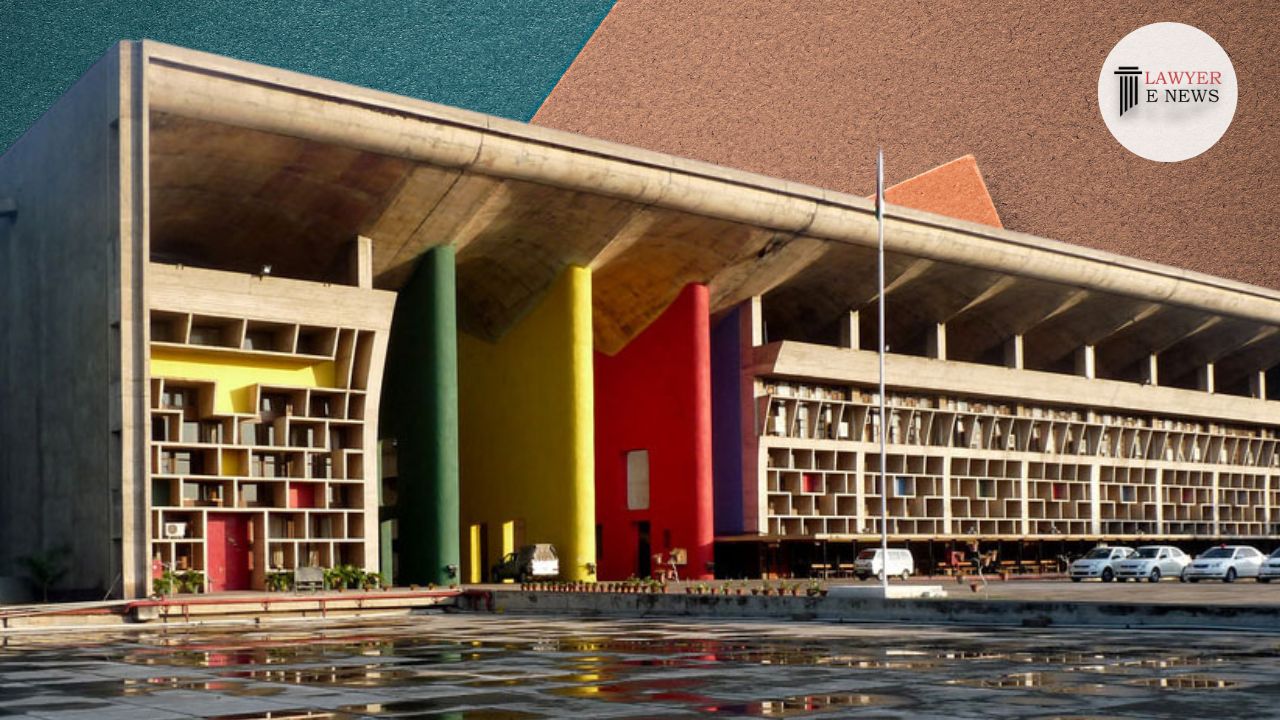-
by Admin
19 February 2026 3:14 PM



In a significant ruling, the Punjab and Haryana High Court clarified the interpretation of Section 167(2) of the Code of Criminal Procedure (Cr.P.C.), affirming that default bail cannot be canceled solely upon the filing of a charge-sheet. The decision, delivered by HON’BLE MR. JUSTICE DEEPAK GUPTA on September 12, 2023, sheds light on the rights of individuals seeking default bail when the prosecution fails to file a charge-sheet within the stipulated time frame.
The case in question involved petitioner Bharat Kumar, who had applied for default bail after spending 196 days in judicial custody due to the non-filing of a charge-sheet. The petitioner was charged with the possession of MDMA (methylenedioxymethamphetamine) under Section 22 of the Narcotic Drugs and Psychotropic Substances Act, 1985.
The Punjab and Haryana High Court addressed the core issue by emphasizing that "mere filing of the charge-sheet subsequent to a person being released on default bail under Section 167(2) Cr.P.C. cannot be a ground to cancel the bail." This ruling reaffirms the crucial principle that the right to default bail arises when the investigating agency fails to file the charge-sheet within the prescribed period.
The judgment further highlighted that default bail can only be canceled on merits if a strong case is established for a non-bailable offense and special reasons are shown, taking into account the grounds specified in Sections 437(5) and 439(2) of the Cr.P.C. In this context, the Court stated, "Courts are not precluded from considering the application for cancellation of bail on merits."
The ruling serves as a safeguard for personal liberty, as Article 21 of the Constitution of India stipulates that "no person shall be deprived of his life or personal liberty except according to procedure established by law." The Punjab and Haryana High Court's decision underscores the importance of adhering to the law and ensuring that individuals are not detained beyond the legally prescribed limits.
The judgment is expected to have far-reaching implications in cases involving default bail, providing clarity on when and under what circumstances bail can be canceled. It reaffirms the need for an expeditious investigation and emphasizes that filing the Forensic Science Laboratory (FSL) report and challan alone cannot be considered sufficient grounds for canceling default bail.
Legal experts have welcomed the Punjab and Haryana High Court's ruling, noting that it strikes a balance between safeguarding personal liberty and ensuring that individuals accused of serious offenses are subject to due process. Advocates Ms. Himani Anand and Mr. Rakesh Nehra represented the petitioner, while Mr. Vipul Sherwal served as the Additional Advocate General for Haryana during the proceedings.
Date of Decision: 12.09.2023
Bharat Kumar vs State of Haryana
